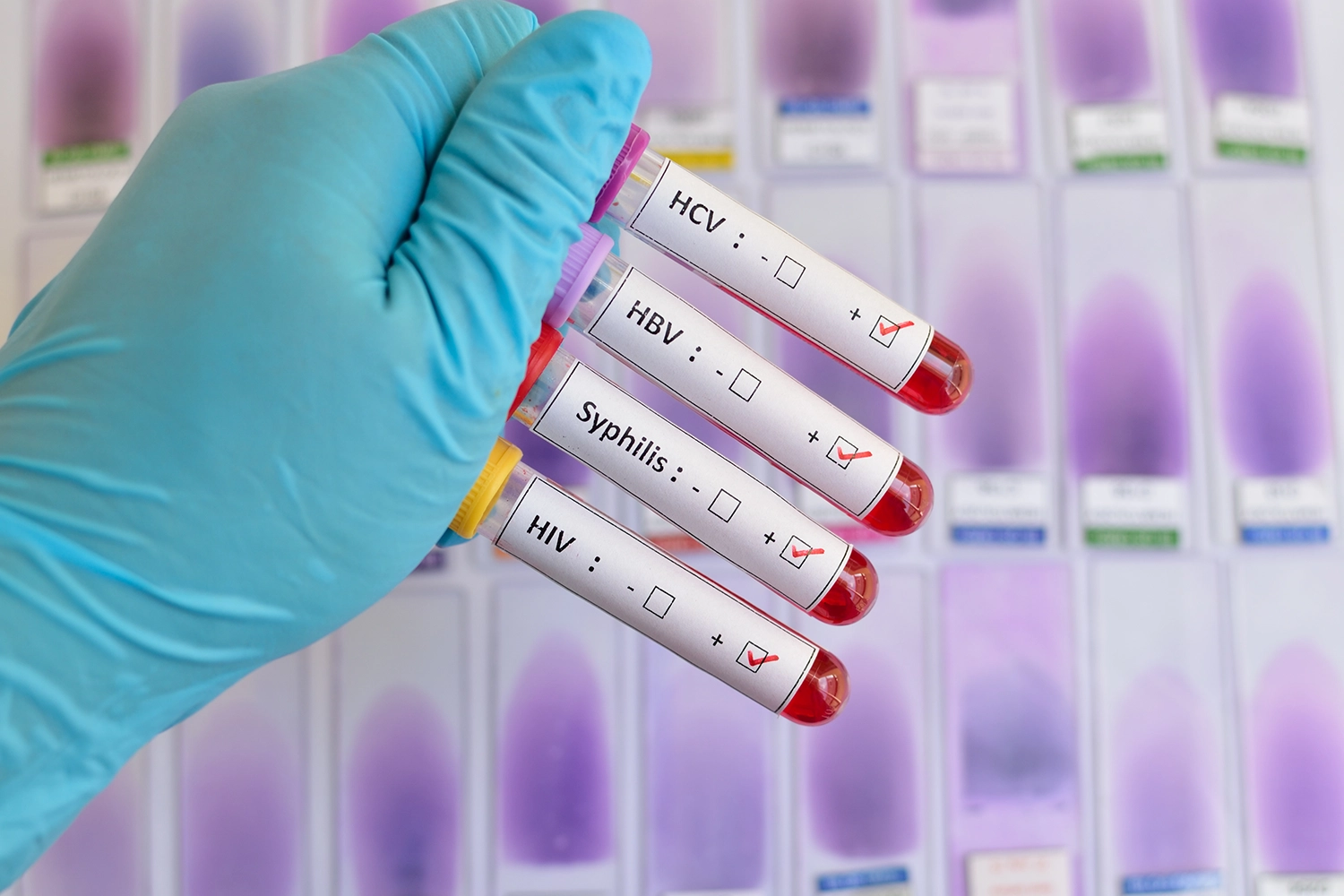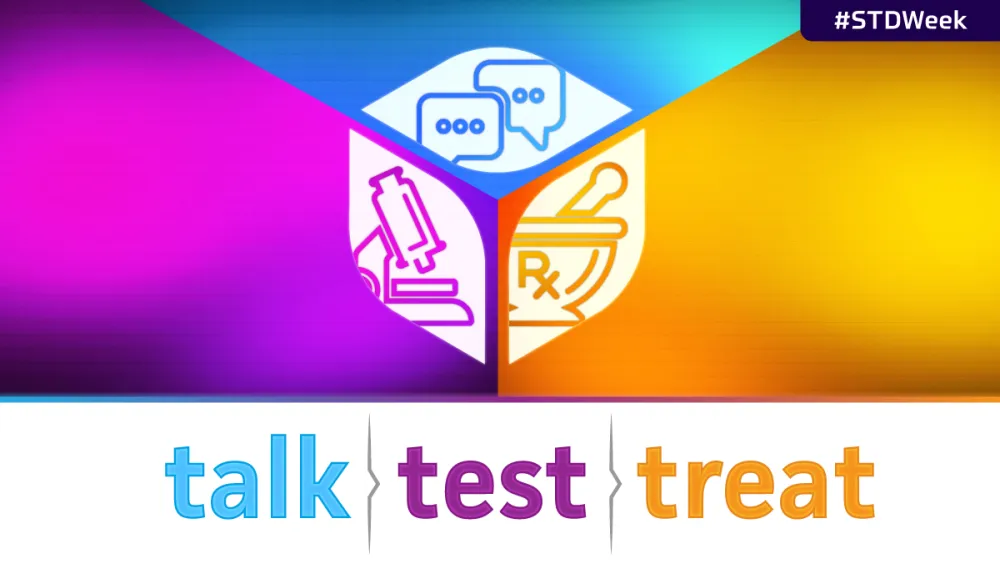
Today's Medicine
STD Awareness: Talk, Test, Treat
Published: April 12, 2021

Sexually transmitted infection (STI) rates have been climbing in the U.S. for years. The Centers for Disease Control and Prevention (CDC) estimates that 1 in 5 people in the U.S. have an STI. In 2018, there were 26 million new STI cases reported, and nearly half of those were among young people ages 15-24. Chlamydia, genital herpes, human papillomavirus (HPV) and trichomoniasis made up 93% of those new infections.
In 2018, the CDC released startling news that nearly 2.23 million U.S. cases of chlamydia, gonorrhea and syphilis were diagnosed in 2017 – up 200,000 cases from the previous year. Chlamydia and gonorrhea have especially been on the rise among young women. A 2017 study looked at rates from 2010 to 2017 and found a 50% increase among women ages 25-30 and a 21% increase among women ages 18-24.
All these facts and figures can be overwhelming, but they’re a sobering reminder that there’s important work to be done.
If you’re sexually active, consider three simple actions: Talk. Test. Treat.
Talk
Open and honest conversations with your partner(s) and health provider are essential in protecting yourself from STIs and sexually transmitted diseases (STDs) – which are STIs with symptoms.
Decrease your risk for contracting or spreading an STI by having a conversation with your partner before having sex. You can make sex safer by:
- Discussing the last time you were tested
- Suggesting getting tested together
- Telling your partner if you have an STD
- Agreeing to only have sex with each other
- Using latex or polyurethane condoms correctly for every sex act (vaginal, anal and oral)
Don’t be afraid to talk with your health care provider about your sex life. The more honest you are, the better your provider can help protect your health with testing and vaccines. If for some reason your provider doesn’t bring up sex during an annual exam, know that you have the power to ask about STD testing and vaccines for HPV or hepatitis B.
Test

You cannot know for certain if you have an STD unless you get tested. For example, most people with HPV – the most common STI – don’t show symptoms and can unknowingly spread the virus to sexual partners. Review the CDC’s recommendations for when and how often you should get tested. Even pregnant women need STD testing. And if you’re not comfortable asking your provider about testing, use this tool to find a clinic in your area.
Treat
It’s important to get treated right away if you test positive for any STD. Many can be cured or treated with medication, but treatment may not undo some damage already done.
Left untreated, STDs can cause health problems that are often more severe for women. They include pelvic inflammatory disease, infertility, potentially fatal ectopic pregnancies and cancer. If a pregnant woman has an STD, it can cause serious health problems for the baby.
Awareness and Prevention
The only absolute way to prevent STDs is by abstaining from vaginal, anal and oral sex. But you can decrease your risk by educating yourself, having those sometimes tough conversations with partners and providers, and protecting yourself with vaccines.
For comprehensive resources on STDs, visit the CDC’s website. If you’re experiencing symptoms or want to be tested for STDs, contact your primary care provider. Don’t have one? Find a Methodist provider who’s right for you.
More Resources
- Get advice on how to start the conversation about safe sex with your partner.
- Find an STD testing clinic near you.
- Learn more about the HPV vaccine and how it can prevent cervical cancer.


